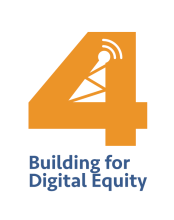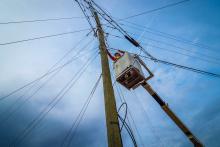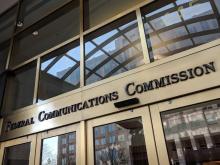The Most Consequential Year in Telecom History Since 1996 | Episode 111 of the Connect This! Show

Catch the latest episode of the Connect This! Show, with co-hosts Christopher Mitchell (ILSR) and Travis Carter (USI Fiber) joined by regular guests Kim McKinley (TAK Broadband) and Doug Dawson (CCG Consulting) with special guest Blair Levin (New Street Research) to talk about states asking the federal government for defaulted RDOF funds back, the Arielle Roth hearing, the future of the USF, and more. Topics include:
- Achieving Internet for All takes time
- What we learned from the Arielle Roth hearing
- The future of the Universal Service Fund in an LEO World
- States want their defaulted Rural Digital Opportunity Fund back
- AT&T to buy Lumen?
- Dig-Once Challenges
Join us live on March 28th at 2pm ET, or listen afterwards wherever you get your podcasts.
Email us at broadband@communitynets.org with feedback and ideas for the show.
Subscribe to the show using this feed or find it on the Connect This! page, and watch on LinkedIn, on YouTube Live, on Facebook live, or below.










